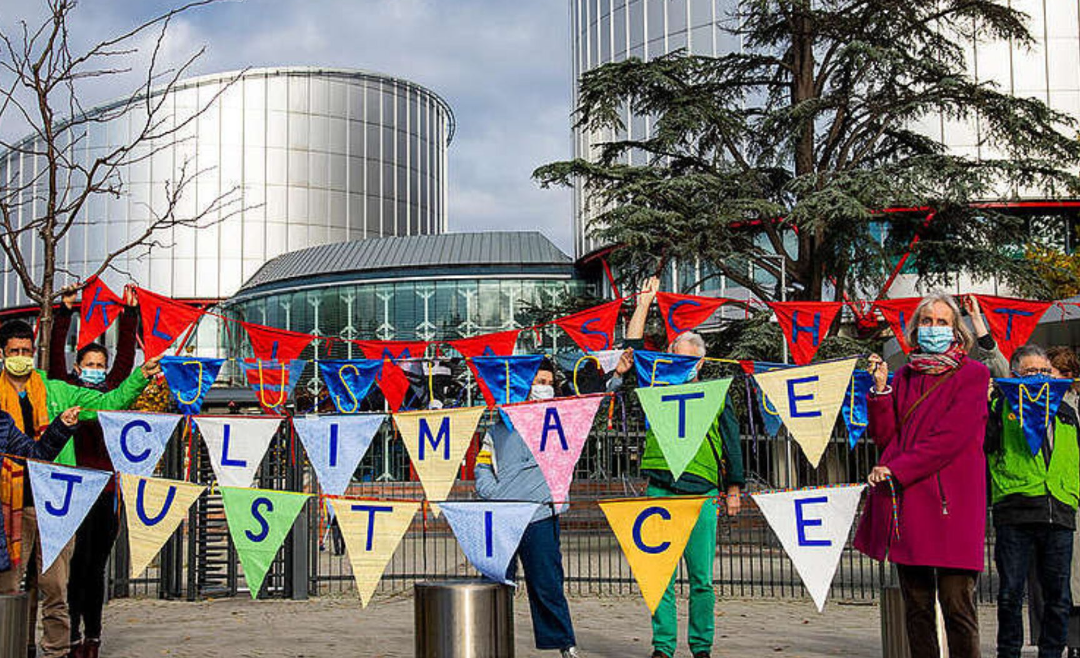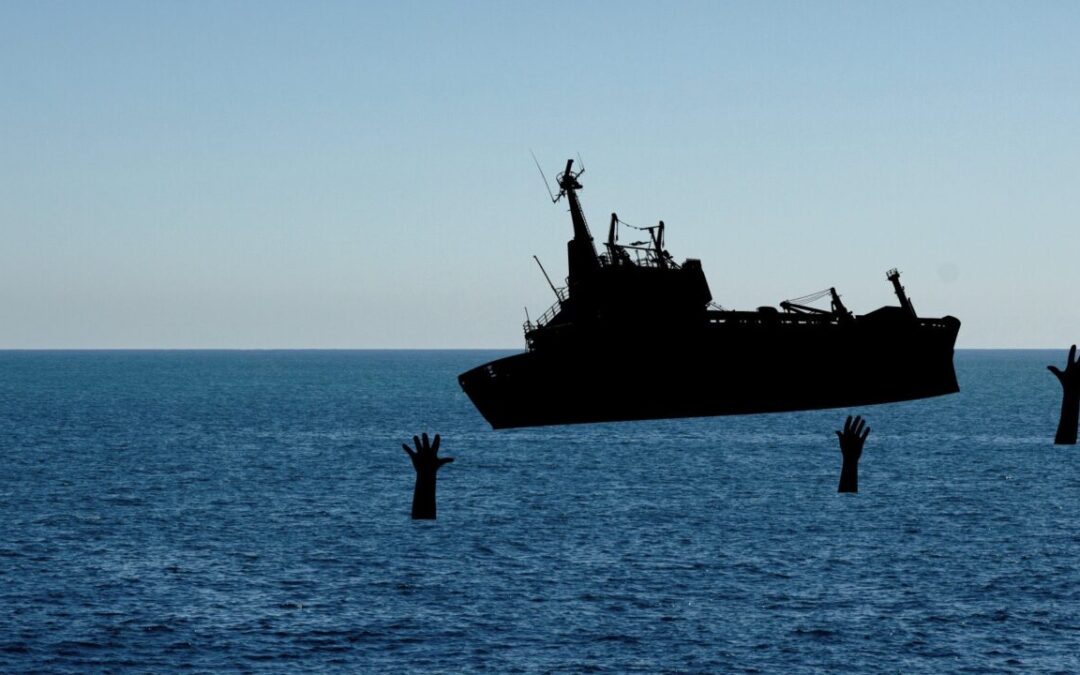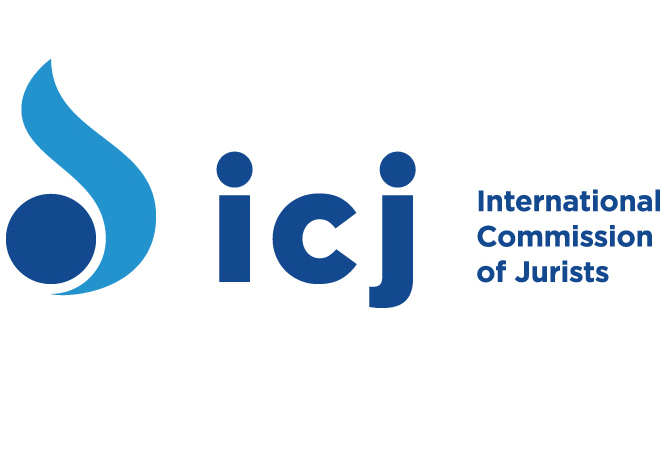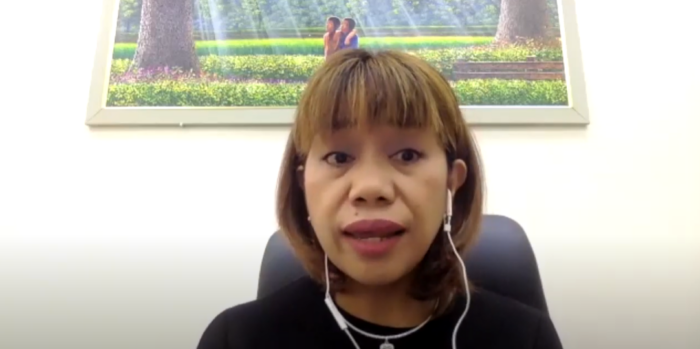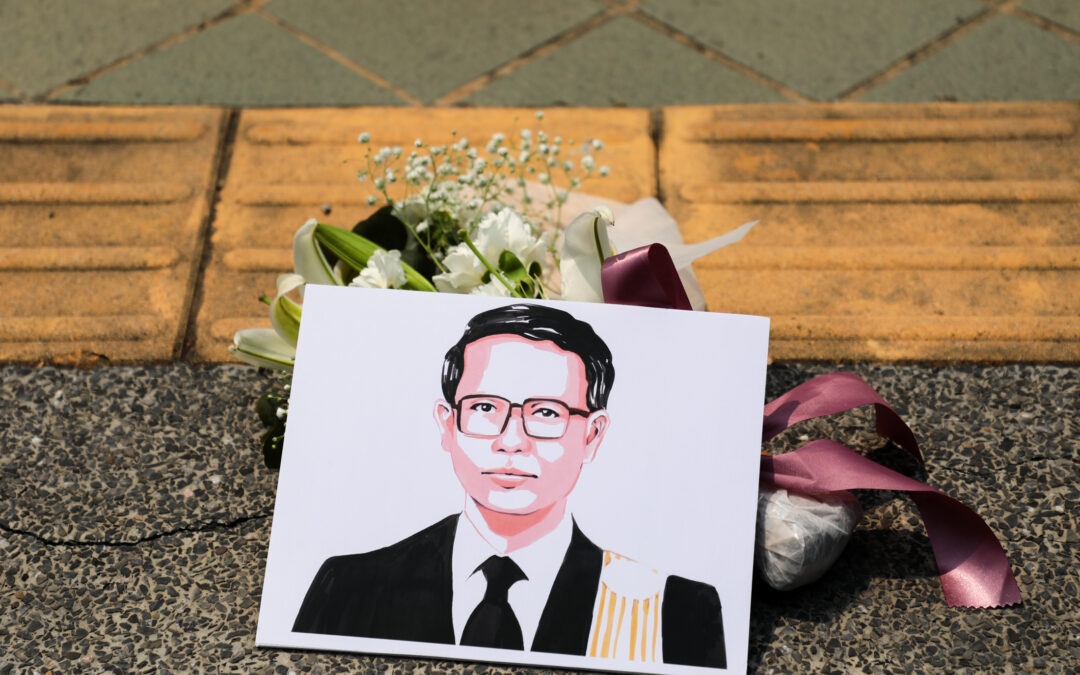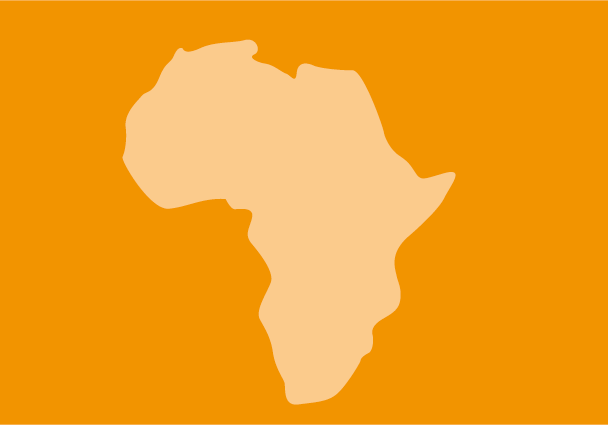
Jan 8, 2024 | Advocacy, Cases, News
For Immediate Release
Gambian Ex-Minister Sonko Faces Crimes Against Humanity Charges
(Geneva, January 5, 2024) – The opening of a Swiss trial on January 8, 2024, for serious crimes committed in The Gambia represents a significant advance for justice for the victims of grave abuses, Gambian and international groups that are part of the Jammeh2Justice campaign said today.
The former Gambian Interior Minister Ousman Sonko is charged with crimes against humanity relating to torture, kidnapping, sexual violence, and unlawful killings between 2000 and 2016 under then-President Yahya Jammeh. Jammeh’s 22-year rule was marked by systematic and widespread human rights violations, such as arbitrary arrests, torture including sexual violence, extrajudicial killings, and enforced disappearances of actual and perceived opponents to his rule.
“The trial of Ousman Sonko is another major step in the search for justice for victims of brutal crimes and their families committed under Jammeh’s rule,” said Sirra Ndow, coordinator of the Jammeh2Justice campaign. “The Sonko case should reinforce efforts back in The Gambia to try crimes under Jammeh’s rule so that perpetrators are held to account for the atrocities committed.”
Sonko was arrested in Bern, Switzerland on January 26, 2017, the day after TRIAL International filed a criminal complaint against him. The Office of the Attorney General of Switzerland filed an indictment against Sonko before the Federal Criminal Court on April 17, 2023. The trial, taking place in the city of Bellinzona, is expected to last about three weeks.
The trial is possible because Swiss law recognizes universal jurisdiction over certain serious international crimes, allowing for the prosecution of these crimes no matter where they were committed and regardless of the nationality of the suspects or victims. Swiss nongovernmental organizations, former federal prosecutors, members of parliament, and others have previously criticized judicial officials in Switzerland for lagging behind other European countries on universal jurisdiction cases despite having solid legislation to address serious crimes.
“With Sonko’s trial, Switzerland appears at last to be gaining momentum on prosecuting atrocity crimes committed abroad,” said Philip Grant, executive director at TRIAL International, which supports plaintiffs in the case. “Sonko is the highest-level former official to be tried under the principle of universal jurisdiction in Europe.”
Sonko is the second person to be tried in Switzerland before a non-military court for serious crimes committed abroad, the second person to be tried in Europe for crimes committed in The Gambia, and the highest ranked official to be prosecuted in Europe on the basis of universal jurisdiction. Gambian activists and survivors, and international advocates will attend the trial’s opening in Bellinzona and are available for comment. The first case addressing crimes committed in The Gambia was in Germany against Bai Lowe, a former member of the paramilitary unit known as the “Junglers,” which Jammeh created. Lowe was convicted and sentenced to life in prison by a German court on November 30, 2023, for two murders and an attempted murder, constituting crimes against humanity.
A major challenge will be to ensure that Gambians, whether in the audience or outside the courtroom, can access, follow, and understand the proceedings, which will be conducted in German. Survivors, victims’ groups, and civil society groups have tried to ensure that information on developments is disseminated within The Gambia to increase their impact.
“Developments in the proceedings of such a significant case should be made accessible to Gambians, victims and non-victims alike, in the English language, which they understand, there by boosting their interest in the trial,” said Fatoumata Sandeng, a plaintiff in the Sonko case who heads the Solo Sandeng Foundation. “Greater action on accountability by the government back home in Gambia is also needed.”
Since Jammeh’s fall, The Gambia has moved forward with only two prosecutions for Jammeh-era crimes. In December 24, 2021, the final report of Gambia’s Truth Reconciliation and Reparations Commission (TRRC) found that Jammeh and 69 of his associates committed crimes against humanity, and called for their prosecution. On May 25, 2022, the Gambian government accepted the TRRC’s recommendation for accountability, but without an action plan.
On May 12, 2023, the government presented a long-awaited detailed implementation plan calling for the creation of a Special Prosecutor’s Office to complete the investigations initiated by the TRRC and to prepare case-ready dossiers. A hybrid tribunal of Gambia and the Economic Community of West African States (ECOWAS) would be created to carry out prosecutions of the most serious offenses. The Gambia and ECOWAS have created a joint technical committee to develop the hybrid court.
“The Gambian government and ECOWAS should move without delay to create the hybrid court,” said Elise Keppler, associate international justice director at Human Rights Watch. “Victims and the Gambian public have waited a very long time to have the chance to see justice done.”
Groups involved with the campaign include: Africa Center for International Law and Accountability (ACILA), African Network Against Extrajudicial Killings and Enforced Disappearances (ANEKED), Amnesty International–Ghana, Center for Justice and Accountability, Commonwealth Human Rights Initiative (CHRI), Gambia Center for Victims of Human Rights Violations, Ghana Center for Democratic Development (CDD-GHANA), Human Rights Advocacy Center, Human Rights Watch, International Commission of Jurists, Institute for Human Rights and Development in Africa (IHRDA), Media Foundation for West Africa (MFWA), POS Foundation, Right 2 Know–Gambia, Solo Sandeng Foundation, The Toufah Foundation, TRIAL International, and Women’s Association for Victims’ Empowerment (WAVE).
For more information on the trial, please visit:
https://trialinternational.org/latest-post/ousman-sonko-case-the-second-trial-for-crimes-against-humanity-in-switzerland-to-take-place-in-january-2024/
or, https://trialinternational.org/wp-content/uploads/2023/04/The-Ousman-Sonko-Case_QA.pdf
For more information, please contact:
For Human Rights Watch, in New York, Elise Keppler (English, French): +1-917-687-8576 (mobile); or kepplee@hrw.org. Twitter: @EliseKeppler
For TRIAL International, in Geneva, Vony Rambolamanana (English, French, German): +33-66 -48-80-305 (mobile); or media@trialinternational.org. Twitter: @trial
For ANEKED, in New York, Nana-Jo Ndow (English, French, Spanish, Portuguese): +1-929-684-5734 (mobile); or nanajo.ndow@aneked.org. @theANEKED
For International Commission of Jurists, in Barcelona, Reed Brody (English, Spanish, French, Portuguese): +1-917-388-6745 (mobile); or reedbrody@gmail.com. Twitter: @reedbrody
For Solo Sandeng Foundation, in Germany, Fatoumatta Sandeng (English, German, Mandinka, Wollof) +49-16-31-74-75-19 (mobile); or solosandengfoundation@gmail.com. Twitter: @solosandengfound
